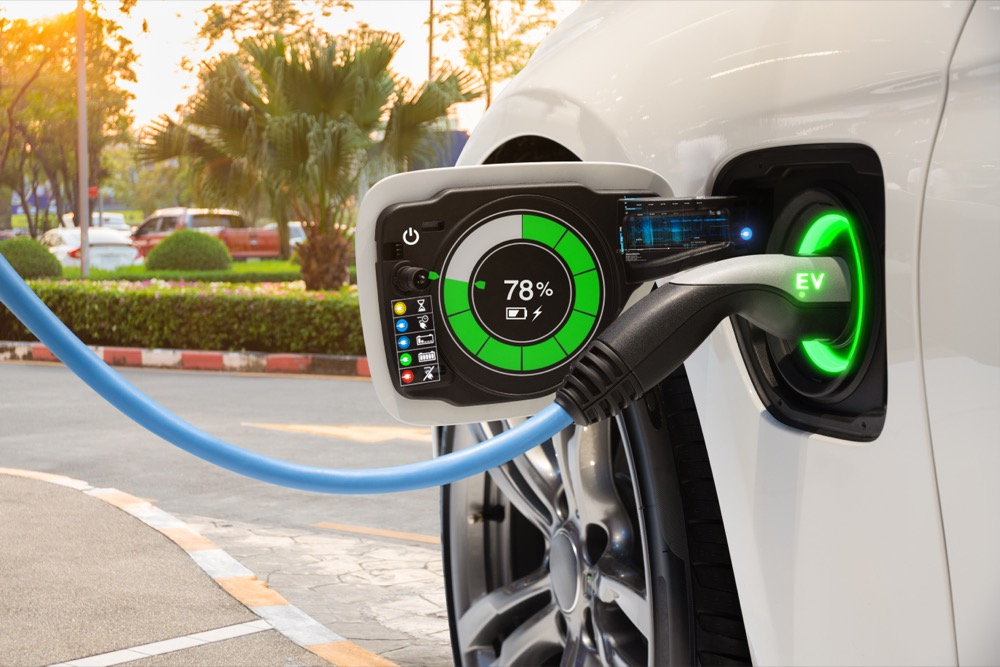In the ever-evolving world of electric vehicles (EVs), a new technological advancement is making waves: 800V charging systems. This revolutionary technology promises to significantly reduce charging times, a critical factor in the widespread adoption of EVs. As charging infrastructure continues to expand globally, understanding how 800V technology is shaping the future can provide valuable insights into the next phase of sustainable mobility. In this article, you’ll learn about the mechanics of 800V systems, their impact on the EV industry, and practical tips for consumers looking to leverage this cutting-edge technology.
The Rise of 800V Charging Systems
What is 800V Charging Technology?
800V charging technology, a leap from the conventional 400V systems, doubles the voltage to significantly enhance charging speeds. This innovation is not just a minor upgrade; it’s a game-changer in the EV sector. Brands like Porsche and Hyundai have already integrated this technology into their vehicles, with models like the Porsche Taycan and Hyundai Ioniq 5 leading the charge. According to Bloomberg Green, an 800V system can charge an EV up to 80% in as little as 18 minutes, compared to the typical 30-60 minutes required by 400V systems.
Why is 800V Important?
- Faster Charging Times: The most significant advantage of 800V systems is the reduction in charging time. This efficiency is crucial for users who rely on EVs for long-distance travel.
-
Improved Efficiency: Higher voltage reduces the current needed for charging, leading to less heat generation and energy loss.
-
Lighter Components: With reduced current, manufacturers can design vehicles with lighter wiring, improving overall vehicle efficiency and performance.
The Impact on EV Infrastructure
With the adoption of 800V technology, charging infrastructure must also evolve. According to InsideEVs, global investments in ultra-fast charging stations are increasing, with countries like Germany and the United States spearheading these efforts. Companies like Electrify America and Ionity are expanding their networks to accommodate 800V systems, making ultra-fast charging more accessible to the public.
800V Charging: A Game Changer for EV Brands
Leading the Charge: Porsche and Hyundai
Porsche was among the first to introduce 800V technology with its Taycan model. As reported by AutoCar, the Taycan can recharge up to 100 kilometers in just five minutes under optimal conditions, setting a new benchmark for performance EVs. Hyundai followed suit with the Ioniq 5, which has received accolades for its rapid charging capabilities and efficient drivetrain.
Emerging Competitors and Innovations
- Lucid Motors: Known for pushing the boundaries of luxury EVs, Lucid Motors is integrating 800V systems in its Air model, promising extended range and rapid charging.
-
Volkswagen: VW is investing heavily in 800V technology for its upcoming models, aligning with its strategy to become a leader in the EV market by 2025.
The Role of Battery Technology
The effectiveness of 800V systems is closely tied to advancements in battery technology. According to Battery University, solid-state batteries, which are lighter and more efficient, complement higher voltage systems, enhancing overall performance and durability.
Practical Tips for Consumers
How to Charge with 800V Systems
- Identify Compatible Stations: Use apps like PlugShare to locate 800V-compatible charging stations along your route.
- Plan Your Trips: With faster charging times, long-distance travel becomes more feasible. Plan your stops around available ultra-fast charging stations to maximize efficiency.
Where to Buy 800V-Compatible EVs
- Dealerships: Visit official dealerships for brands like Porsche and Hyundai that offer 800V models. Test drives and consultations can provide firsthand experience with the technology.
- Online Platforms: Websites like AutoTrader and Edmunds offer comparisons and reviews of 800V models, helping you make informed decisions.
What to Compare
- Charging Speeds: Compare different models on their charging times and range capabilities.
- Cost: Evaluate the initial purchase price against long-term savings in fuel and maintenance.
- Infrastructure Availability: Consider the density and accessibility of 800V charging stations in your area.
Conclusion: The Future of EV Charging
As the EV industry continues to innovate, 800V charging technology stands out as a pivotal advancement that could shape the future of electric mobility. It not only promises to alleviate common concerns about charging times but also enhances efficiency and performance. As more brands adopt this technology, and charging infrastructure expands, the dream of seamless, long-distance electric travel becomes increasingly attainable.
Are you ready to embrace the future of EV charging? Share your thoughts in the comments below, and consider joining the movement towards a more sustainable world powered by cutting-edge technology. With 800V systems leading the charge, the road ahead looks both exciting and promising.

